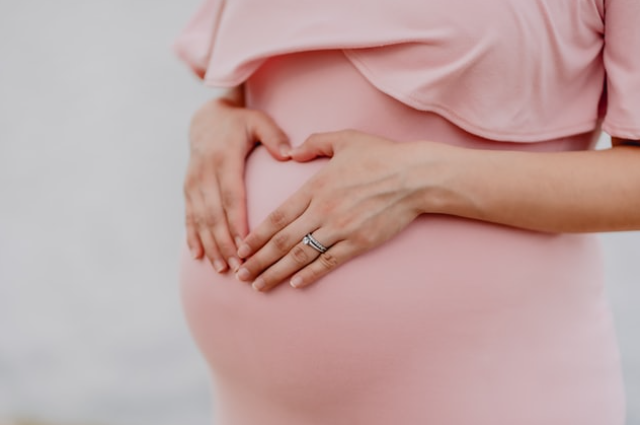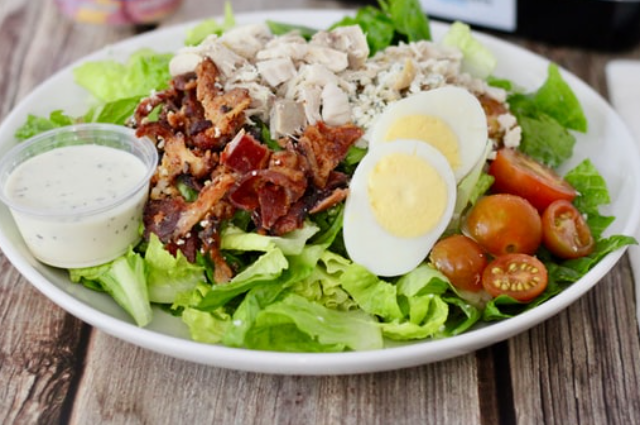
Pregnant women require three important nutrients in their diet namely, protein, calcium and iron. Pregnant women should regularly take pulses (protein), milk products (calcium) and green leafy vegetables (iron) in their diet. They have to eat for two persons, mother and fetus baby in womb. They can gain a maximum of 10 kgs more, so that the baby would be of normal weight.
Protein is an essential component of human diet. Usually, Cereals have low protein values while pulses are rich in protein. The good quality protein is available in fish, meat, poultry, and eggs. Proteins are the source of amino acids. Essential amino acids are not synthesized in human body and have to be supplied through diet. There are ten essential amino acids : Valine, leucine, isoleucine, lysine, methionine, threonine, tryptophan, phenyl alanine and cysteine. Collagen, elastin, keratin are fibrous proteins and albumin, histone, enzymes-trypsin, hormones- insulin, immunoglobulins (antibodies) are globular proteins in human body. Protein deficiency disease is called ‘Kwashiorkor’ and children with poor protein are victims of this disease. Diets deficient in both protein and calories in infants is called ‘marasmus’.

Protein requirement will be high during pregnancy. Daily amount of protein required is 2.0-3.0 g per kg of body weight. The food sources rich in proteins are : soya bean 35%, milk powder 26%, pulses 24%, meat, fish, liver 20%, Cheese 20%, Eggs 13%. Good sources are cereals and millets 6-12%, tender legumes such as green peas, beans, cow pea 7%, and cow milk 3.5%.
Calcium is involved in the stimulation of contractions of the uterus during child birth and in the production of mother’s milk. The absorption of calcium is dependent on the presence of vitamin D in the body. Vitamin D is a key ingredient in various hormones that enable calcium to pass from the digestive system into blood or bones. Daily dietary requirement of calcium for pregnant women is 1000 mg. Calcium rich foods include milk, cheese, yoghurt, leafy vegetables (broccoli), salmon and sardines (fish). Cod liver oil and fish are rich in vitamin D.
Iron is needed to form haemoglobin (RBC) in blood for transporting oxygen. Women need nearly twice as much iron as men, because of blood loss during menstruation and pregnancy. They must take absorbable iron supplements. Iron deficiency called anemia may develop when body iron loss is high and its iron stores are depleted in pregnant women. Daily dietary requirement of iron for pregnant women is 40 mg. Food sources of iron are jaggery, green leafy vegetables (10-20 mg per 100 g), pulses, cereals, liver, meat and egg. Anemia is due to deficiency of iron and folic acid ( vitamin B9). Food sources of folic acid are green leafy vegetables, citrus fruits, cereals and legumes, liver, and egg yolk.
